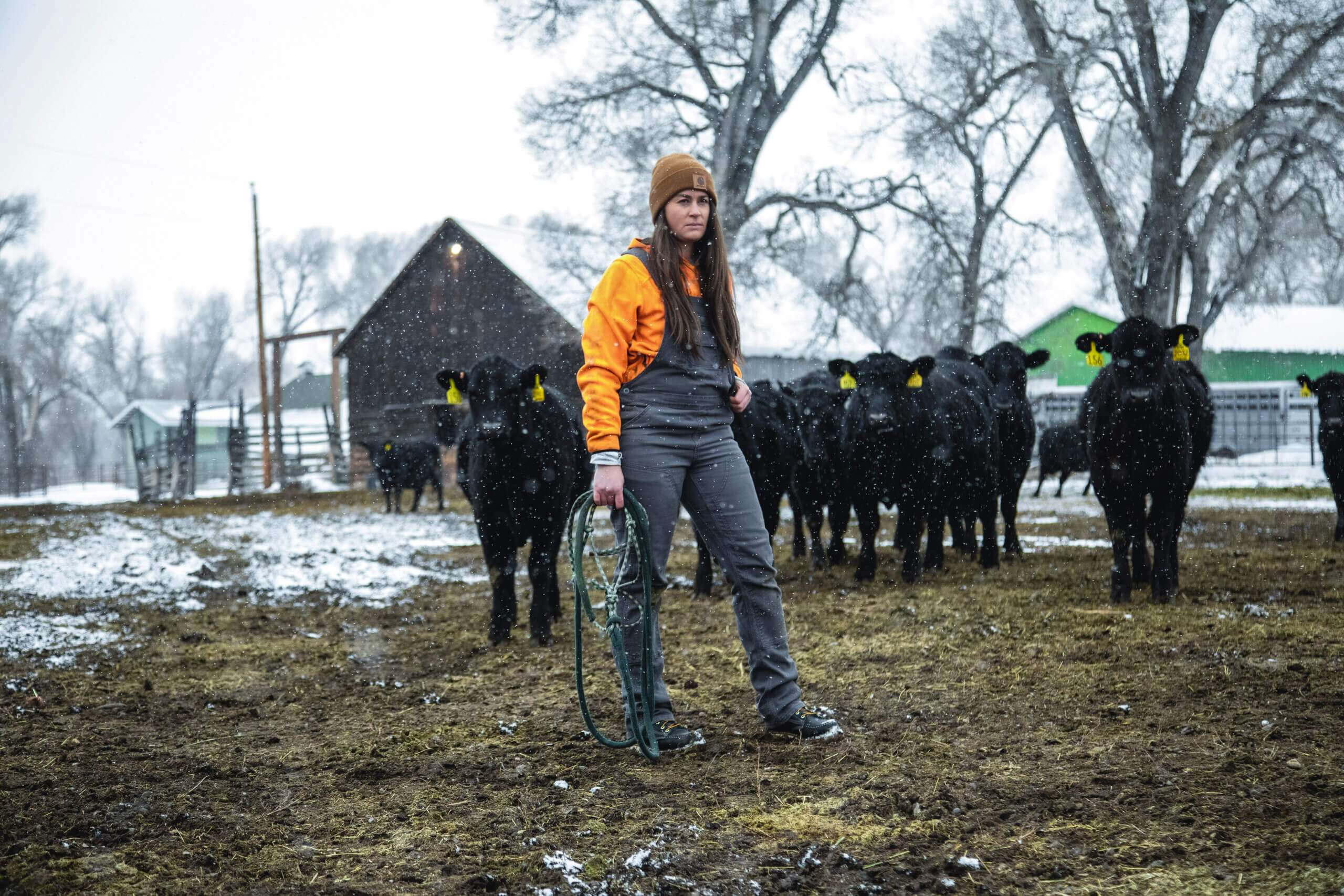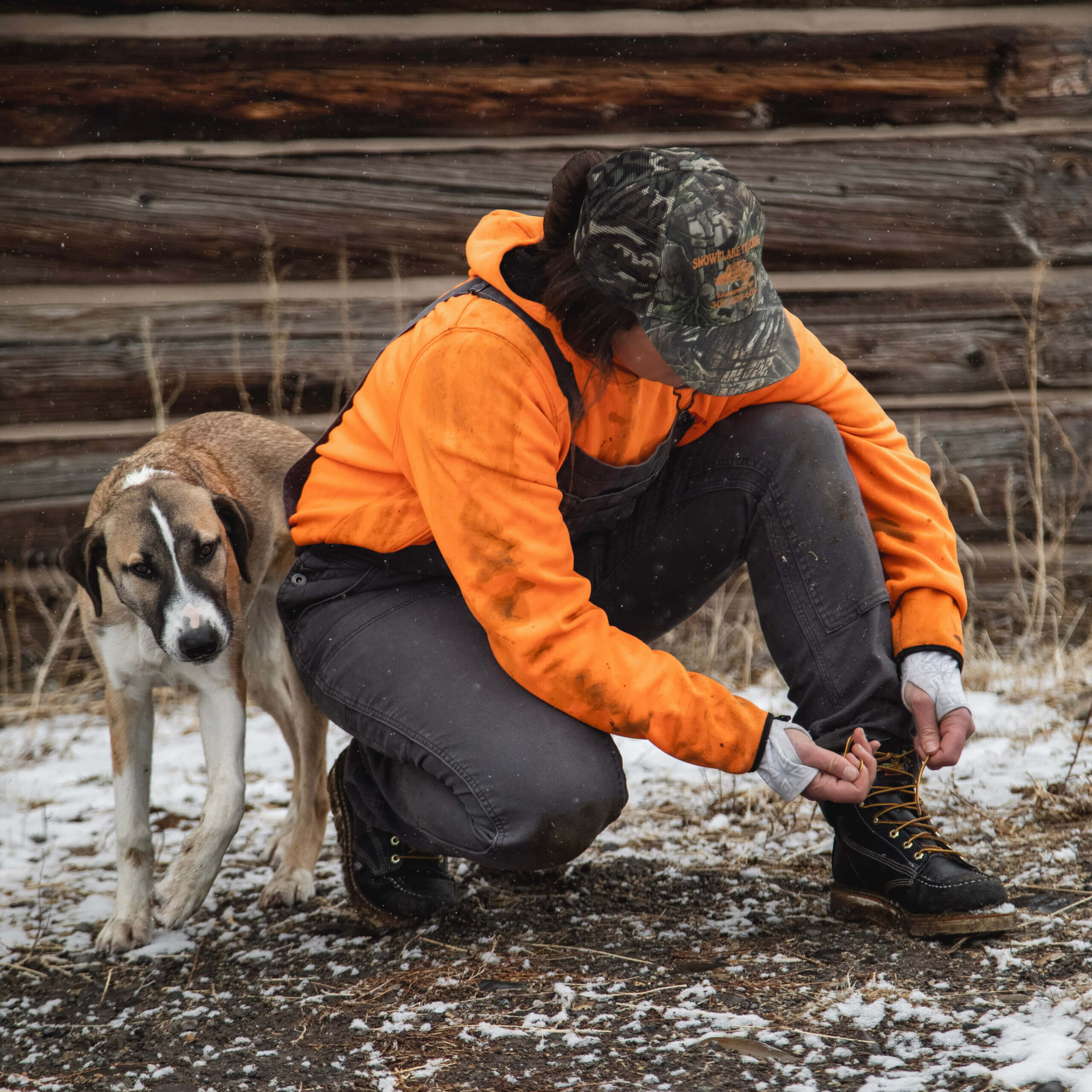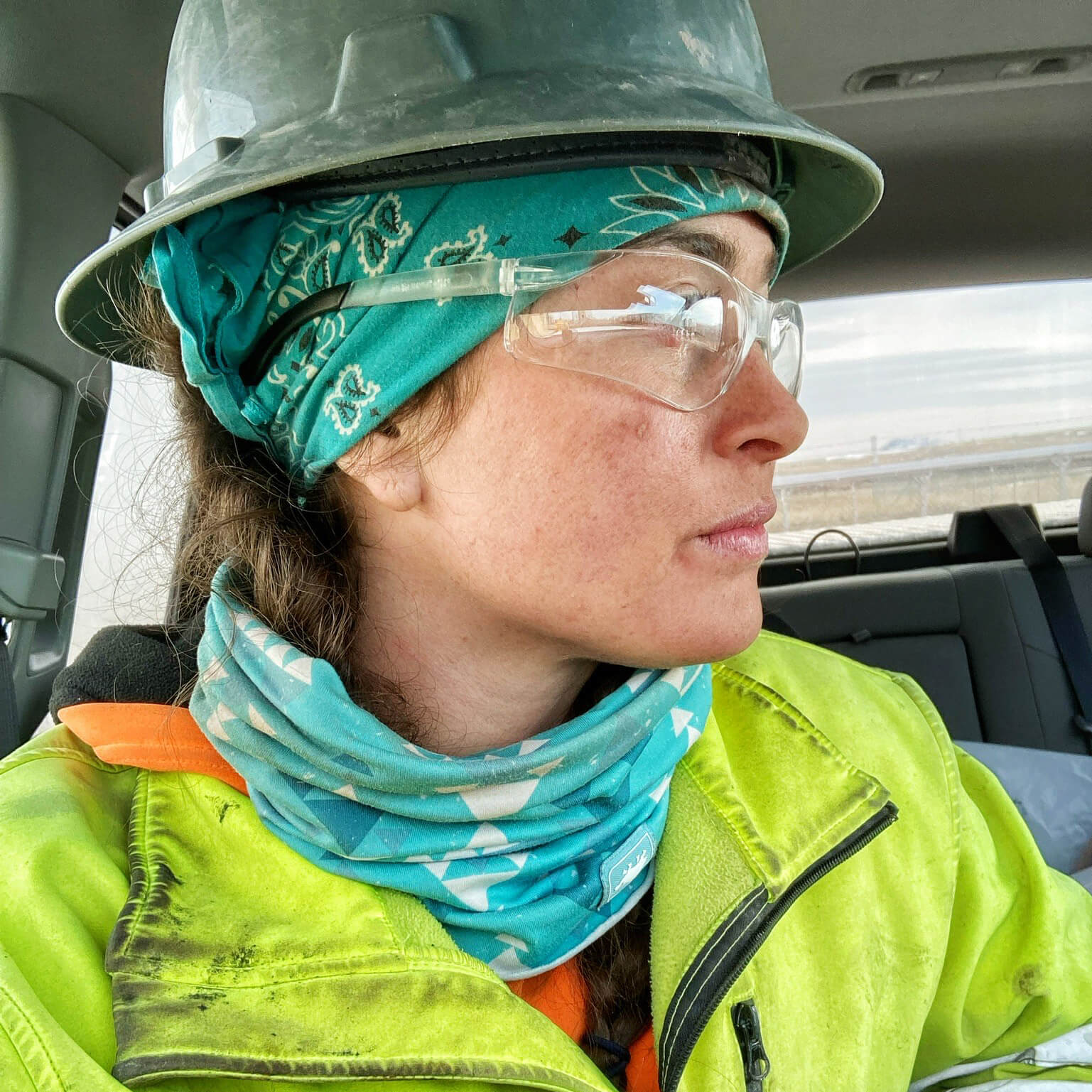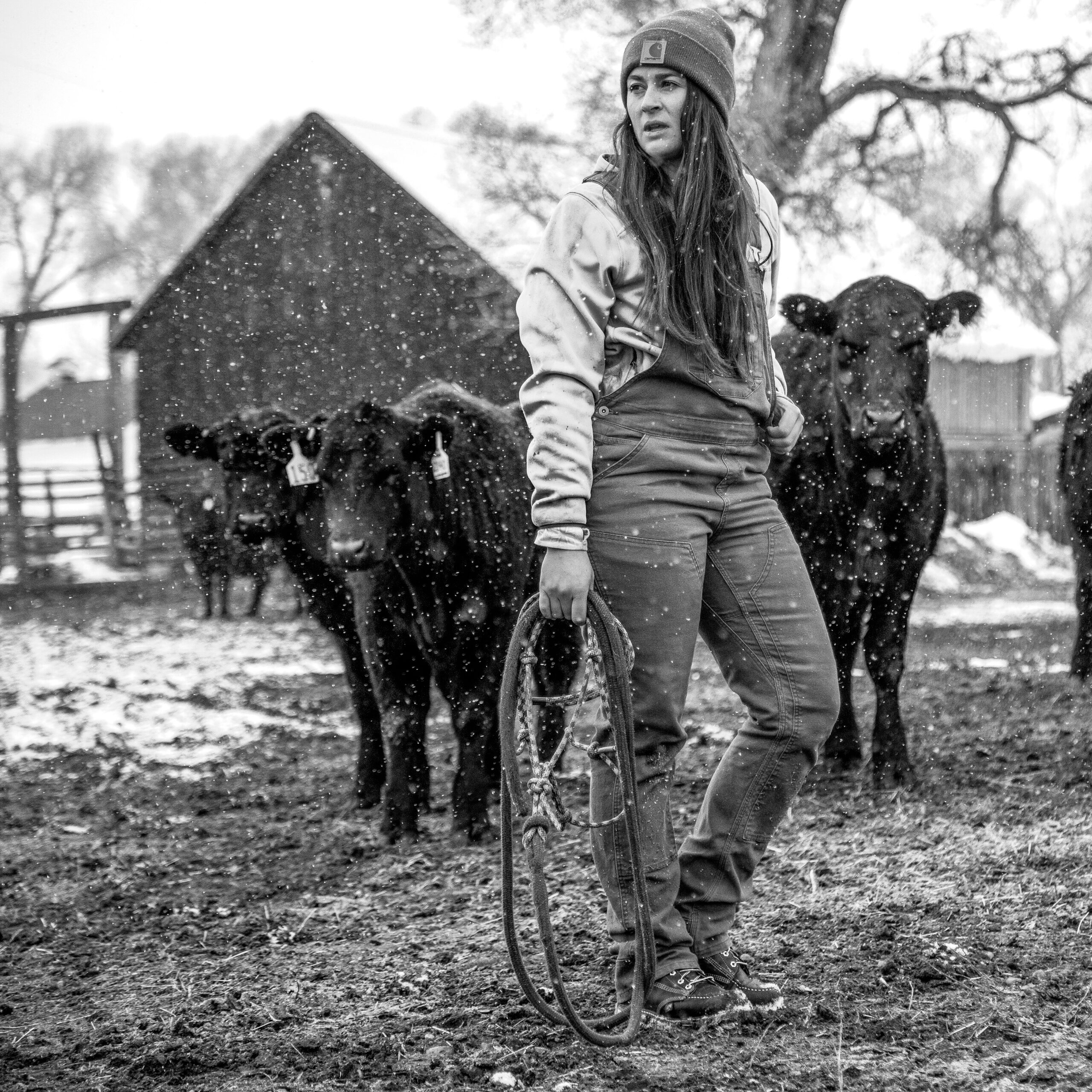Justine didn't take the "easy" route when she chose her career. She decided to put her willpower to the test in the pursuit of a steady paycheck (just like so many of us) and ended up learning the trade skills of masonry. Read more about Justine May's challenges and triumphs as she learned what being a construction worker is all about.
Becoming a Hod Tender
Before we dive into Justine's career journey, we'll start with a quick definition for anyone who may not be familiar. A "hod tender" is a specialized construction laborer who assists masons as they install materials. Justine's responsibilities include stocking block and shovel mortar onto mud boards, resupplying materials, cutting rebar and blocks to size, managing scaffolding, and more. In her own words, "It's my job to make the mason's job easier. As they built the wall, I would have to resupply them as they used materials. The more masons there were, the quicker I had to work."
Being a construction worker certainly ain't easy, so what made Justine choose to go this route?
"What inspired me to become a hod tender was the challenge, it was the sheer physical demands of the job I knew would push me to a whole new level of strength and endurance, as well as mentally shape me. I wanted to prove to myself that I was capable of anything I put my mind to, no matter how many people told me I couldn't because I am a woman. I was the only female worker in over 300 employees," she explained. We admire Justine's strength and ambition to challenge not only herself but also the standards set for women.
Pros and Cons of Being a Construction Worker
She also had a few other goals for this line of work that we can probably all relate to: to learn new life skills, to get in great physical shape, and to make good money. "That's why any of us go to work, right?" – you've got that right, Justine! Aside from earning a living wage, construction work can also provide a wealth of opportunities since there are so many types of specialized jobs available. So even if you have no experience, you can still become a construction worker as long as you're willing to work hard and be a hands-on learner. Justine started on the job site with no formal training, and was referred to masonry by a fellow coworker.
But "doable" and "easy" are not the same thing. Justine faced many struggles, both mental and physical, while she was learning.
She shared this with us about her experience just starting out: "In those first couple weeks, I was so exhausted on a daily basis that it took everything I had to get out of bed in the morning. My entire body ached, and I desperately needed more sleep to recover. I also went to a hot yoga class after work every day to round myself out; it was the best part of my day. It absolutely helped with muscle recovery, back pain, and the mental load that built up over the day. I was physically active for 11 hours a day, 5 days a week." But this didn't last forever. She said, "Once I got in shape after a few weeks, I felt pretty amazing actually. I really love working with my hands and being outside."
Aside from the physical demands of the job, Justine also recalls how tough the mental workload was at the beginning. She started out on a job that was behind schedule and understaffed with a lot to catch up on and a boss with very little time to train her. "I was thrown in the deep end and my coworkers often forgot that I was brand new. There are about three to five terms for about every tool and material used, so knowing what someone was even talking about was difficult. Communication is hard in an environment that is so loud workers are yelling to talk to each other."
Advice for Starting Out as a Hod Tender
We asked Justine what advice she has for others wanting to get into her line of work. She emphasized that you should "get in shape before you start work. Do exercises specifically to build strength in your back, legs, and especially your hand grip. Learn proper lifting technique to save your lower back." And once you've started on the job, "take rest, recovery, hydration, and nutrition very seriously. You are essentially selling your body. If it doesn't work right then you are out of job or you will be in pain every day, but pretty much everyone who works in masonry is in pain every day, so you may as well make it less if you can."
Work Boots for Construction Workers
So, which boots does a hardworking woman in construction wear? Justine does it all in her America Heritage Moc Toe Wedges (814-6201).
She told us, "I choose to wear Thorogood boots because they're sturdy enough for the demands of the job and don't get wet when I'm trucking through mud and snow. I wear them all day and my feet don’t hurt. Also, a big perk is they’re stylish and I wear them out on the weekends if I know I’m going to do a lot of standing and walking around town." Who says you can't have the best of both worlds when it comes to work boots?
Thanks for letting us be a part of your day-to-day while you keep working to make your dreams happen, Justine.
To follow along with Justine and her work, check out her Instagram page by clicking the button below!







